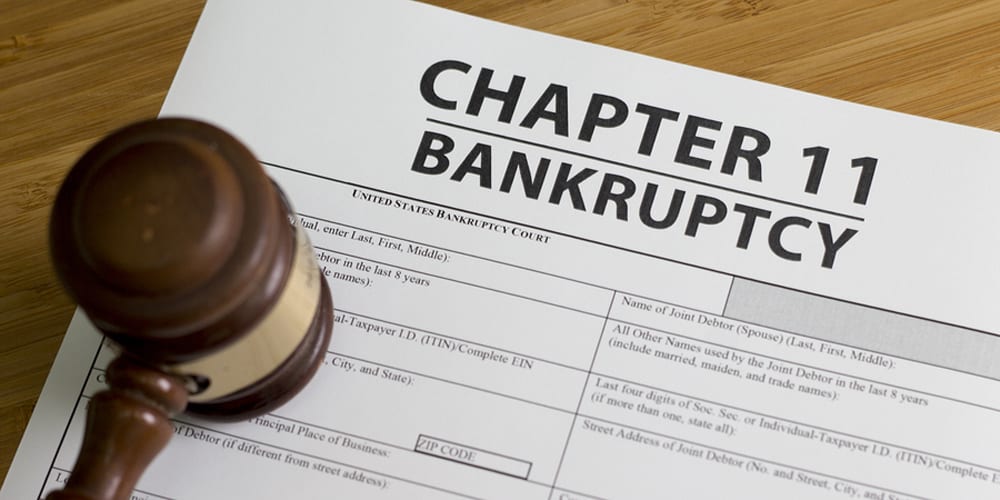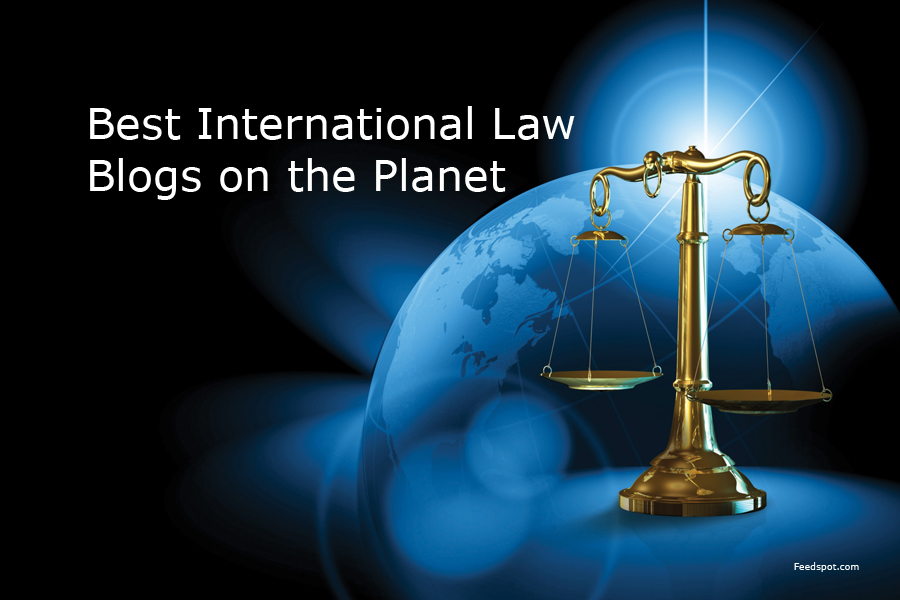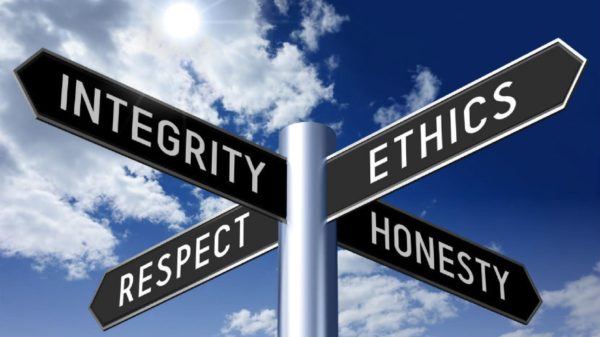Navigating the Global Banking Legal Landscape
The world of banking is not only complex but also highly regulated, with each country having its set of laws governing financial institutions. This article delves into the intricate web of global banking laws, exploring the framework that governs the operations, transactions, and responsibilities of banks on an international scale.

The Foundation: Basel Accords and International Standards
At the heart of global banking regulations lie the Basel Accords, a series of international banking agreements that set the standards for prudential regulation and supervision. Basel I, II, and III have successively shaped the global banking landscape, introducing guidelines for capital adequacy, risk management, and transparency. These accords provide a foundation for countries to develop their banking regulations in alignment with international best practices.
International Banking Regulations: A Multifaceted Framework
International banking laws encompass a multifaceted framework, addressing various aspects of financial operations. From anti-money laundering (AML) and counter-terrorist financing (CTF) … Read more



